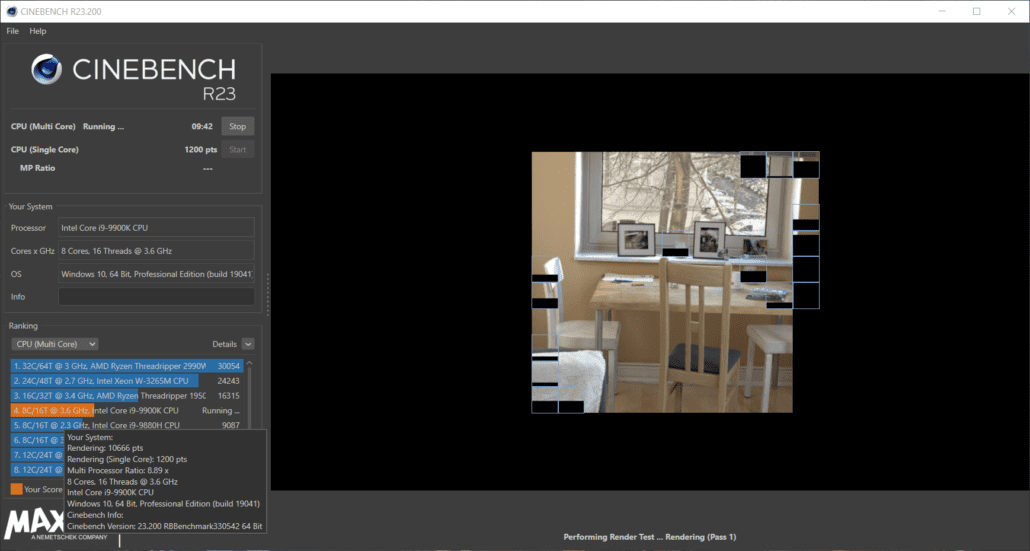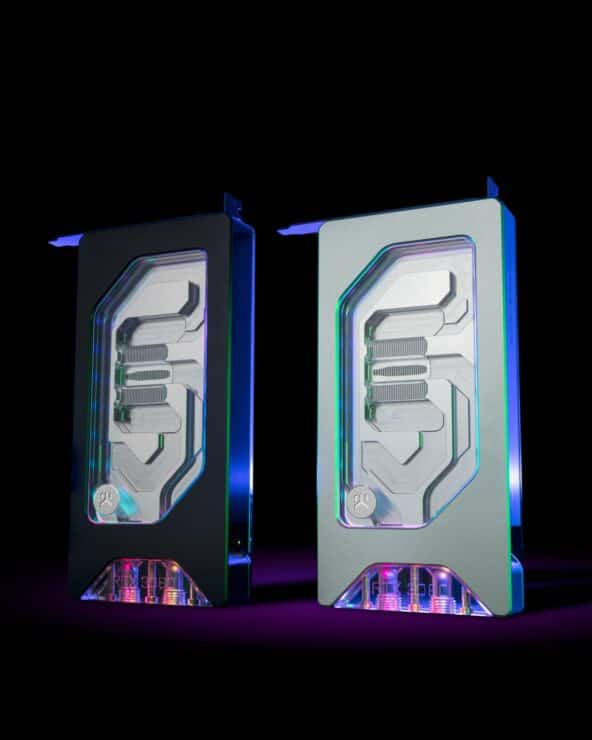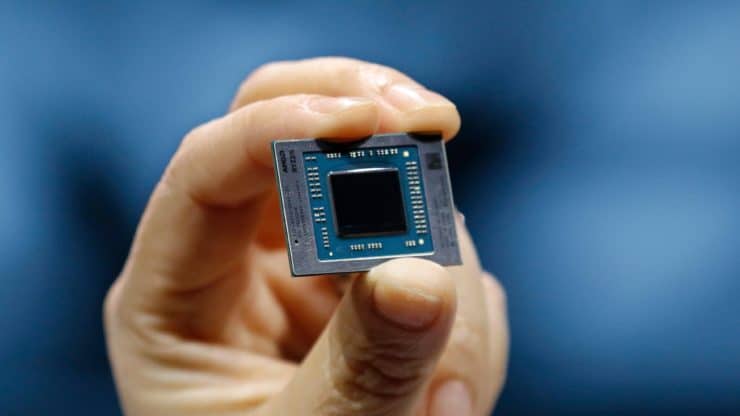
Maxon has announced the release of its latest CPU benchmarking software known as Cinebench R23. The Cinebench R23 takes full use of current and designed to deliver accurate measurement for CPUs by taking advantage of multiple cores and modern feature sets that modern processors have to offer.
Cinebench R23 Released By Maxon, New CPU Benchmark Now Available For Download
In its press release, Maxon has stated that not only does the Cinebench R23 benchmark works with current-gen processors but is also fully compatible with next-generation chips such as Apple’s new M1 CPU for its Mac lineup. The Cinebench R23 benchmark is now available for download from the following link:
Cinebench R23 CPU Benchmark Download Page

Maxon Cinebench R23 CPU Benchmark (Press Release)
Cinebench is a real-world cross-platform test suite that evaluates your computer’s hardware capabilities. Improvements to Cinebench Release 23 reflect the overall advancements to CPU and rendering technology in recent years, providing a more accurate measurement of Cinema 4D’s ability to take advantage of multiple CPU cores and modern processor features available to the average user. Best of all: It’s free.
Who Should Use Cinebench?
Anyone who needs to evaluate hardware performance should add Maxon Cinebench to their testing arsenal. System administrators can use Cinebench to help make purchase decisions, journalists can use the results in reviewing hardware, hardware manufacturers can utilize the feedback in optimizing their latest products. Any computer owner can evaluate their individual system. Unlike abstract benchmarks, which only test specific functions of CPUs, Cinebench offers a real-world benchmark that incorporates a user’s common tasks within Cinema 4D to measure a system’s performance.TECHNICAL INFORMATION
- Cinebench R23 now supports Apple’s M1-powered computing systems
- Cinebench is now based on the latest Release 23 code using updated compilers, and has a minimum runtime activated by default (previously hidden in preferences)
- Cinebench R23 provides improved benchmark accuracy for current and next generation CPUs to test if a machine runs stable on a high CPU load, if the cooling solution of a desktop or notebook is sufficient for longer running tasks to deliver the full potential of the CPU, and if a machine is able to handle demanding real-life 3D tasks.
- Users now have the option to directly test the single core performance without manually enabling the “Advanced benchmark” option. The “Advanced benchmark” allows users to set arbitrary minimum runtimes to stress test the hardware for even longer periods of time.
- Because of the code and compiler changes, Cinebench score values are readjusted to a new range so they should not be compared to scores from previous versions of Cinebench.
- Cinebench R23 does not test GPU performance.
- Cinebench R23 will not launch on unsupported processors. On systems lacking sufficient RAM to load the test scene, a warning will be displayed and the CPU benchmark will not be executed.
- Background tasks can significantly influence measurement and create diverse results. It’s always a good idea to shut down all running programs and disable any virus checking or disk indexing but it’s impossible to eliminate all background processes. Modern operating systems perform various background tasks that cannot or should not be disabled, even though they could have a minor influence on the results.
- Test results can vary slightly because it’s impossible to disable every background task of the operating system. These tasks are one factor that may have a slight influence on measurements. Also, modern computers and graphics cards dynamically adjust clock speeds based on environmental conditions like power and temperature. For instance, processors will reduce clock speed when running too hot to allow for cooling and prevent damage. With many modern processors, the reverse is also true. They are able to overclock themselves when the temperature is low enough. Therefore, a system freshly started in a relatively cool environment will typically run faster than the same system that has been performing benchmarks for several hours in a heated office.
- It is also possible to launch Maxon Cinebench with command line options. Please refer to your operating system manual on how to start an application using the command line. After the name of the application enter one of the options listed below. Maxon Cinebench will then be executed, run the specified test, then quit and display the result in the command line console. The result is not saved as a file.
- The following command line options are available:
- g_CinebenchCpu1Test=true – runs only the Single Core test procedure
- g_CinebenchCpuXTest=true – runs only the Multi Core test procedure
- g_CinebenchAllTests=true – runs all test procedures sequentially
- g_CinebenchMinimumTestDuration=100 – sets a minimum test duration of 100 seconds
- To get a proper console log on Windows, you have to add an additional command before the Cinebench executable name. Example:
- start /b /wait “parentconsole” Cinebench.exe g_CinebenchAllTests=true
Supported Systems
-
PCWindows 10 on Intel or AMD 64-bit CPU with SSE3 support, 4 GB RAM
-
MACmacOS 10.13.6 or higher with 64-bit CPU running on Intel-based Apple Macintosh or on Apple M1 Mac, and 4 GB RAM





More Stories
EKWB Unveils The Quantum Vector FE RTX 3080 D-RGB – Special Edition Blocks For GeForce RTX 3080 FE Graphics Card
AMD Ryzen 7 5800H 8 Core & 16 Thread Cezanne ‘Zen 3’ High-Performance CPU Shows Up, Early ES Chip With 3.2 GHz Clocks
AMD Ryzen 9 5950X 16 Core Flagship CPU Benchmarked Again, Crushes Intel’s Top Core i9-10980XE 18 Core HEDT Chip